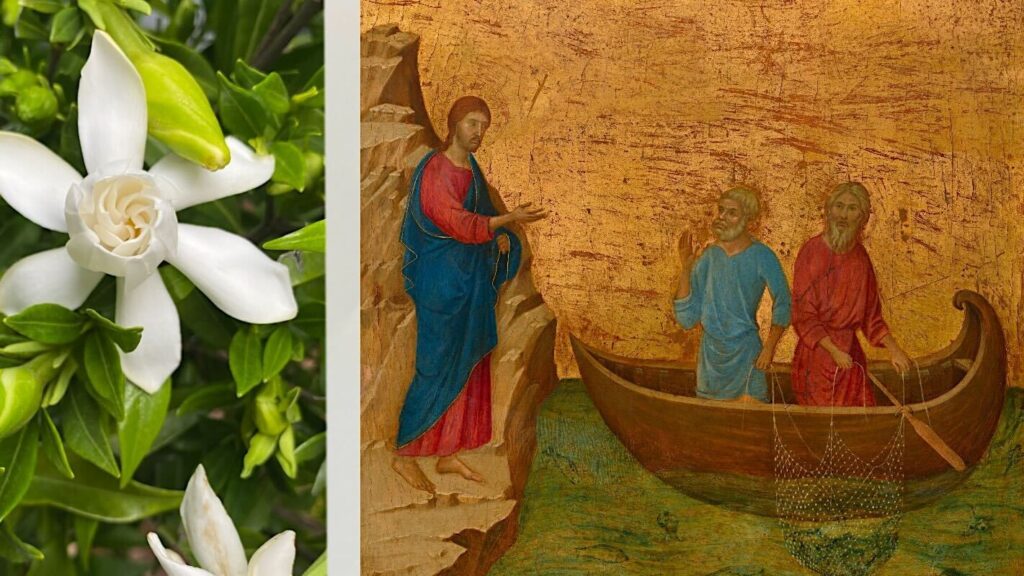CMP Review 2024-05-19

The past 80 years have seen a growing interest among believers and scholars to better understand the relationship between Jesus Christ and the Judaism of His day. It has become increasingly clear to many that Christ was an observant Jew who held the Torah in the highest regard. One verse in particular, however, has proven especially difficult to reconcile with this view: Matthew 8:22, which reads, “But Jesus said to him, ‘Follow Me, and let the dead bury their own dead.’”
In 1968, German scholar Martin Hengel made his bold declaration about this verse. He claimed that it represented “not only an attack on the respect for parents that is demanded in the fourth commandment but also at the same time it disregarded … works of love, which … had their basis in the Torah.” Christ, he insisted, could not have loved the Torah if He could strike so deeply at the heart of its commands.
In 2000, however, British scholar Markus Bockmuehl questioned Hengel and the consensus that had formed around his view. Bockmuehl pointed to prophetic examples, such as Ezekiel, who was not allowed to mourn for his wife (24:15–27). And he noted the provision in the Torah for the Nazirite, who could not “not make himself unclean even for his father or his mother … because his separation to God is on his head.”
When Jesus was disputing with the Pharisees about the Sabbath, He said, “Have you not read in the law that on the Sabbath the priests in the temple profane the Sabbath, and are blameless? Yet I say to you that in this place there is One greater than the temple.” In the same way, prophets and Nazirites left the dead to bury their own dead, and yet were blameless. And now there is One greater than prophecy or separation.
Charlotte Mason’s poem “Follow Me!” explores the tension of conflicting loyalties raised by this verse. Read or hear her words here.
@artmiddlekauff